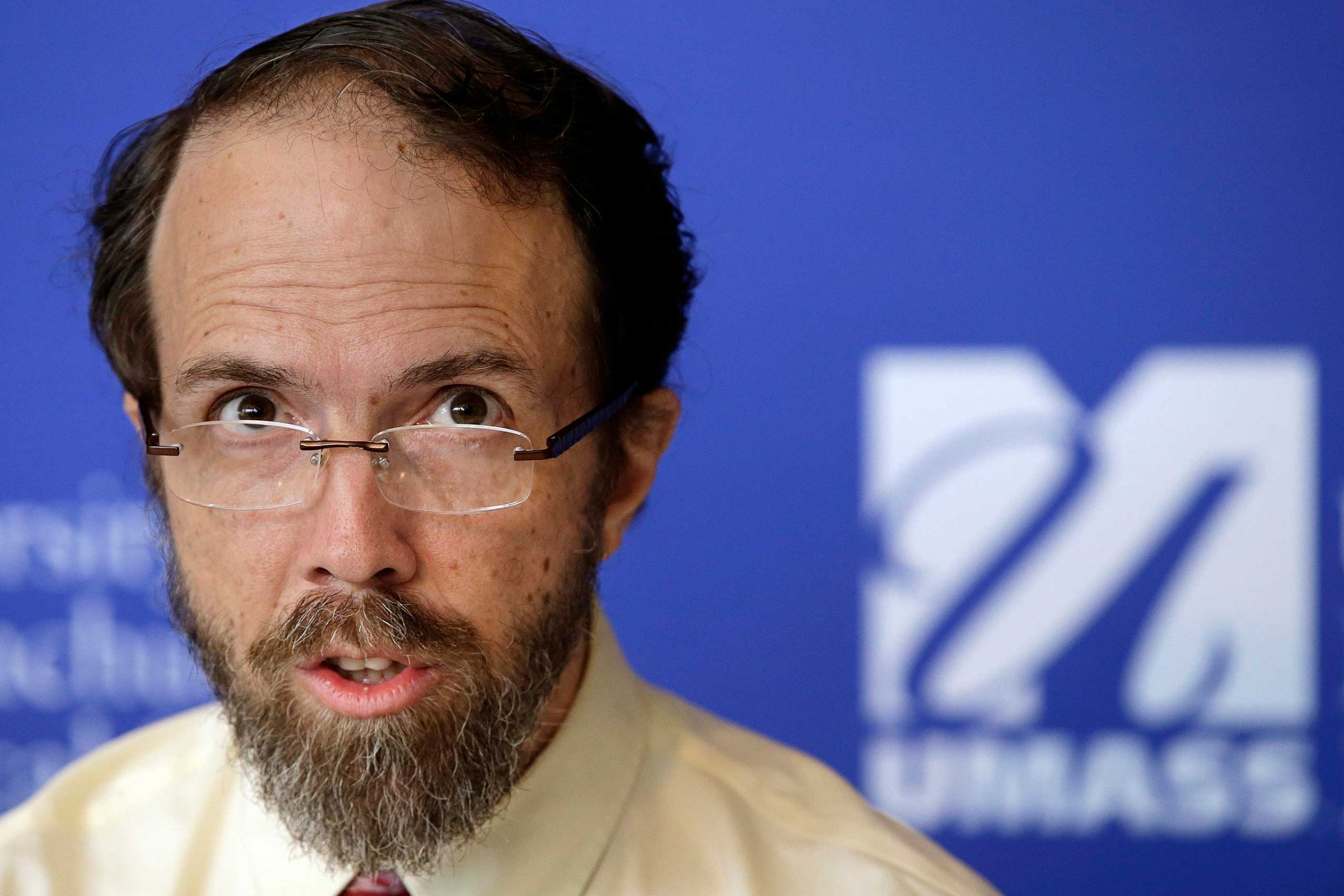
Over the last few weeks, more and more people have been asking me, “Are you going back to Liberia? Why?” Ever since I turned the corner in Nebraska and started improving, I’ve been telling people my goal was to be back in Liberia once I was healthy. And now I have medical clearance to go. But as to the question “Why?” I suppose there are several facets to that—personal ones, and also “big picture” answers.
My answer concerns my relationship with God, as well as Liberia. God led me to become a medical missionary many years ago. The passion that motivated me then is still the one that motivates me now: “Love your neighbor as you love yourself.” To see people’s lives enriched through better health and the experience of God’s love is still what drives me. The ongoing Ebola epidemic only makes that more compelling. Is there risk involved? Yes, but some risks are worth taking. Besides, my doctors tell me I’m now immune to the Zaire strain of Ebola.
I’ve spent nearly two decades providing medical care in Liberia, which has among the fewest doctors per capita of any country on Earth. After 14 years of civil war, which ended in 2003, Liberia entered a period of recovery and preparation for development. SIM, the mission agency I work with, is not only committed to serving through our work at ELWA Hospital in Liberia and other ministries, but is also pursuing a vision for training doctors for the future of Liberia through a Family Medicine Residency Program. The details of this are being worked out with the Liberia College of Physicians and Surgeons, which recently initiated residency training in Liberia. Our hope is that, after the Ebola epidemic has been controlled, the doors will open for us to contribute to the future of health care in Liberia in this way—a future that will involve more and better equipped practitioners, able to recognize and contain whatever comes next more effectively.
But right now, Liberia continues to struggle with new cases of Ebola every single day. In partnership with Liberia’s Ministry of Health, SIM’s ELWA Hospital is involved in Ebola treatment, including clinical trials to assess the benefit of various treatments for Ebola. But we are also running a hospital, one of the few that remained open through the months of August, September, and October of 2014. We are providing care for the vulnerable populations of children and pregnant women, as well as treatment for malaria, for HIV/AIDS, and for chronic diseases like hypertension and diabetes. This will be my main work while in Liberia for about four weeks in January and February. My goal is to lighten the heavy burden on my colleagues just a little, to help them avoid burnout and exhaustion. I count it a great privilege to work alongside both expatriate and Liberian doctors and nurses who have been risking their lives every day for the last six months to make a difference in Liberia. These are the true heroes.
Continue to pay attention to what is happening in Guinea, Sierra Leone, and Liberia, even when the Ebola epidemic is no longer in the headlines. As I am writing this, Sierra Leone is experiencing high rates of new infections, with hotspots both in the capital, Freetown, and in rural districts. Guinea and Liberia both continue to have Ebola cases, but rates of new infections have stabilized. However, even one case can lead to a new outbreak if precautions are not taken, to avoid exposure to blood and body fluids, and to bury bodies properly.
Many lessons have been learned fighting the Ebola epidemic: public health structures have been improved, drugs are being tested, vaccines are in active trials. But in order to eliminate the threat of Ebola for all of us, we must continue this effort until it has been eradicated where it sprang up. West Africa may seem far away, but this crisis has shown that we are all neighbors, and that problems in Africa affect us more than we thought.
You can help end the Ebola epidemic by making an end-of-year contribution to a group that is working in West Africa to defeat Ebola. Good examples include SIM, Samaritan’s Purse, World Vision, Doctors without Borders, Partners in Health, the Wellbody Alliance, Red Cross, International Medical Corps, and Save the Children.
Ebola survivor Dr. Rick Sacra is a Family Physician who has served as an SIM missionary at ELWA Hospital in Monrovia, Liberia, since 1995.
More Must-Reads from TIME
- Why Trump’s Message Worked on Latino Men
- What Trump’s Win Could Mean for Housing
- The 100 Must-Read Books of 2024
- Sleep Doctors Share the 1 Tip That’s Changed Their Lives
- Column: Let’s Bring Back Romance
- What It’s Like to Have Long COVID As a Kid
- FX’s Say Nothing Is the Must-Watch Political Thriller of 2024
- Merle Bombardieri Is Helping People Make the Baby Decision
Contact us at letters@time.com